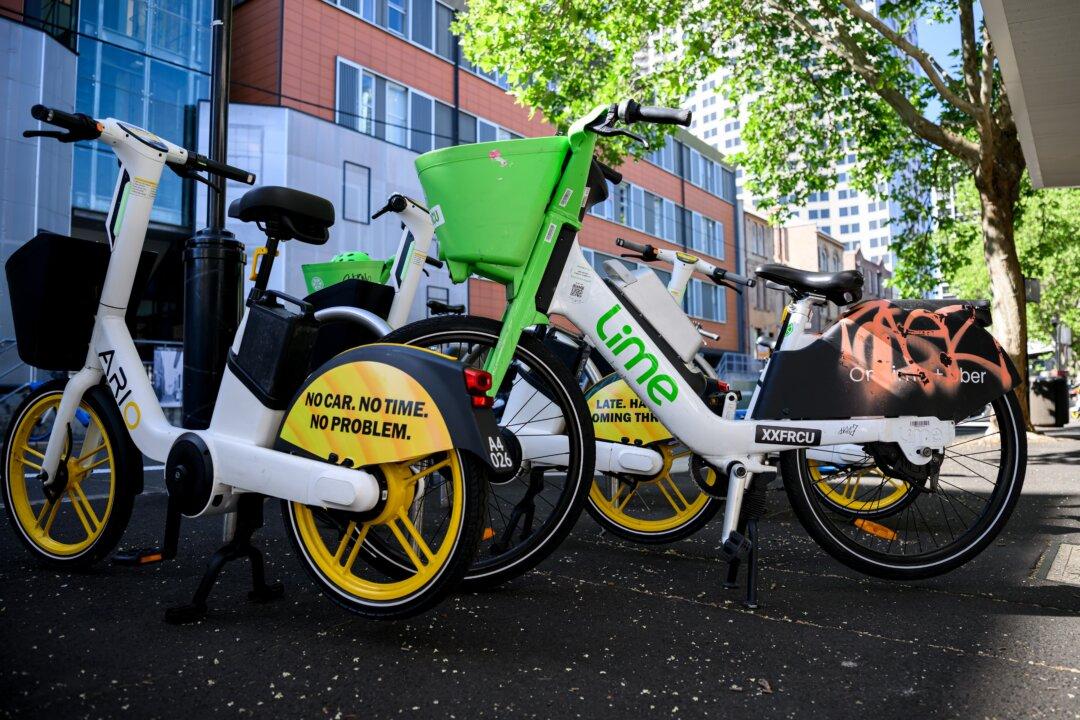Thousands more Australians will be checked for CCP (Chinese Communist Party) virus, commonly known as novel coronavirus as states expand their testing regimes to rout out any spread among the wider community.
While the rate of new infections has slowed dramatically, Australians are being warned restrictions in place to contain the virus will stay for many more weeks.





